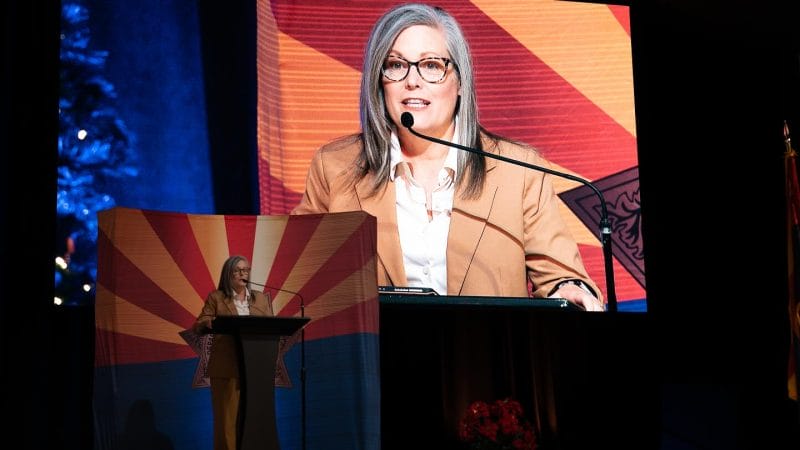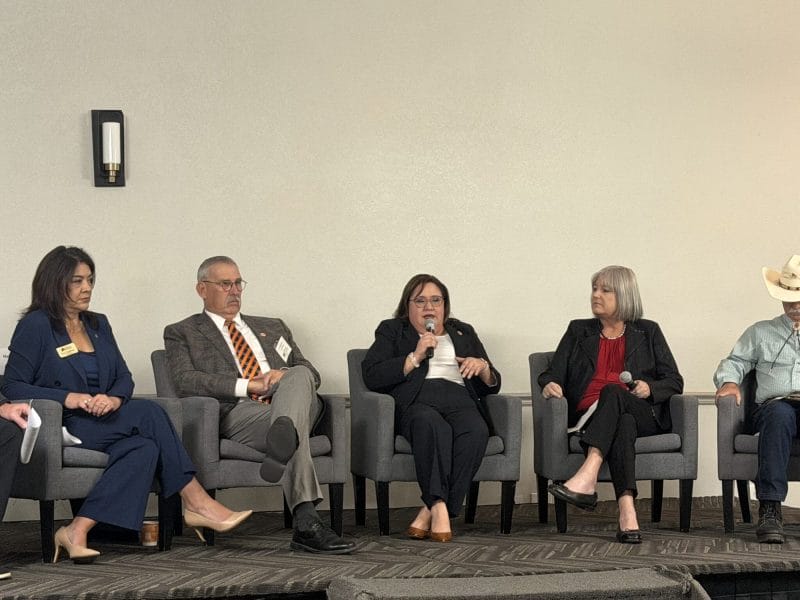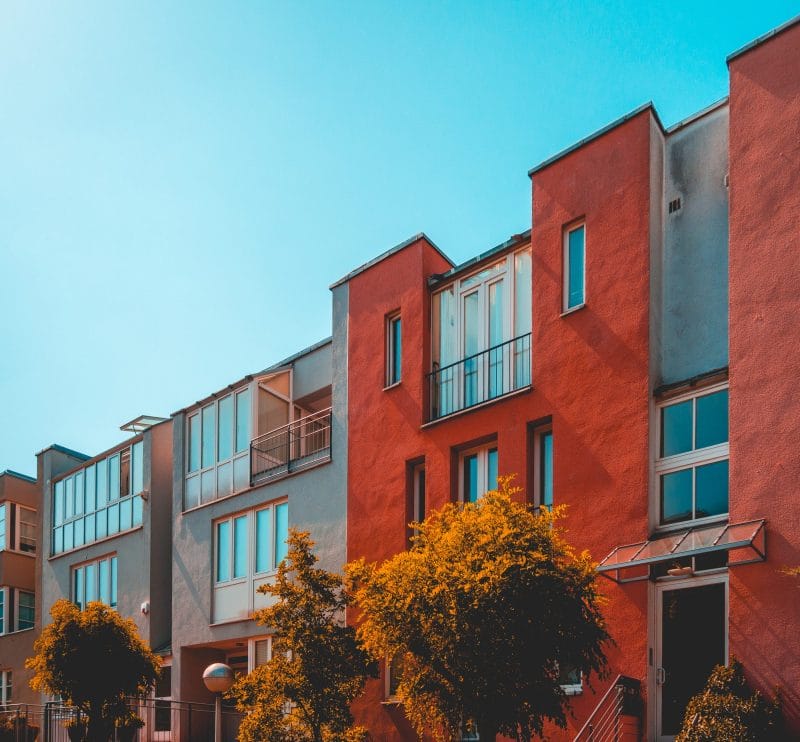
The site of the explosion where Erin Martinez’s home was destroyed.
/ Photo: Chet Strange for The Wall Street Journal
State’s rural-urban divide is reflected in arguments over safety vs. economic benefits
By Dan Frosch | The Wall Street Journal
FIRESTONE, Colo.—Erin Martinez never got too involved in politics until her husband and brother were killed in an explosion after natural gas leaked from an abandoned line near her property. Two years later, the 41-year old high-school science teacher has become one of the leading voices calling for tougher regulations on this state’s booming drilling industry.
Not far from where Ms. Martinez lives on the plains in northern Colorado, oil-and-gas wells have provided vital revenue for Lynn Fagerberg’s onion farm amid the uncertainty of the agriculture business. The 65 year-old farmer worries that more drilling regulations could hit his community hard.
A conflict between those who believe drilling has crept too close to backyards and schools and risks marring the environment and those who tout its economic benefits for rural areas is once again flaring in this energy-rich state. Mirroring the urban-rural divide between Democrats and Republicans, lawmakers have long struggled to find common ground on how to regulate a surge of drilling activity along this growing corridor at the foot of the Rockies, where oil-and-gas equipment juts out from farmland and derricks loom close to new subdivisions.
Now, a newly Democratic-controlled state legislature is on the verge of passing regulations that backers say are the most significant new oil-and-gas rules in 60 years.
“It’s been a very long time since we’ve had any meaningful oil and gas reforms in Colorado, and oil and gas activity has moved closer to where people live,” said State Rep. Steve Fenberg, a Democrat from Boulder and sponsor of the legislation.
Dan Haley, president of the state’s oil and gas association described the bill as “cause for great concern” and “driving a significant amount of uncertainty for businesses and our workforce.”







